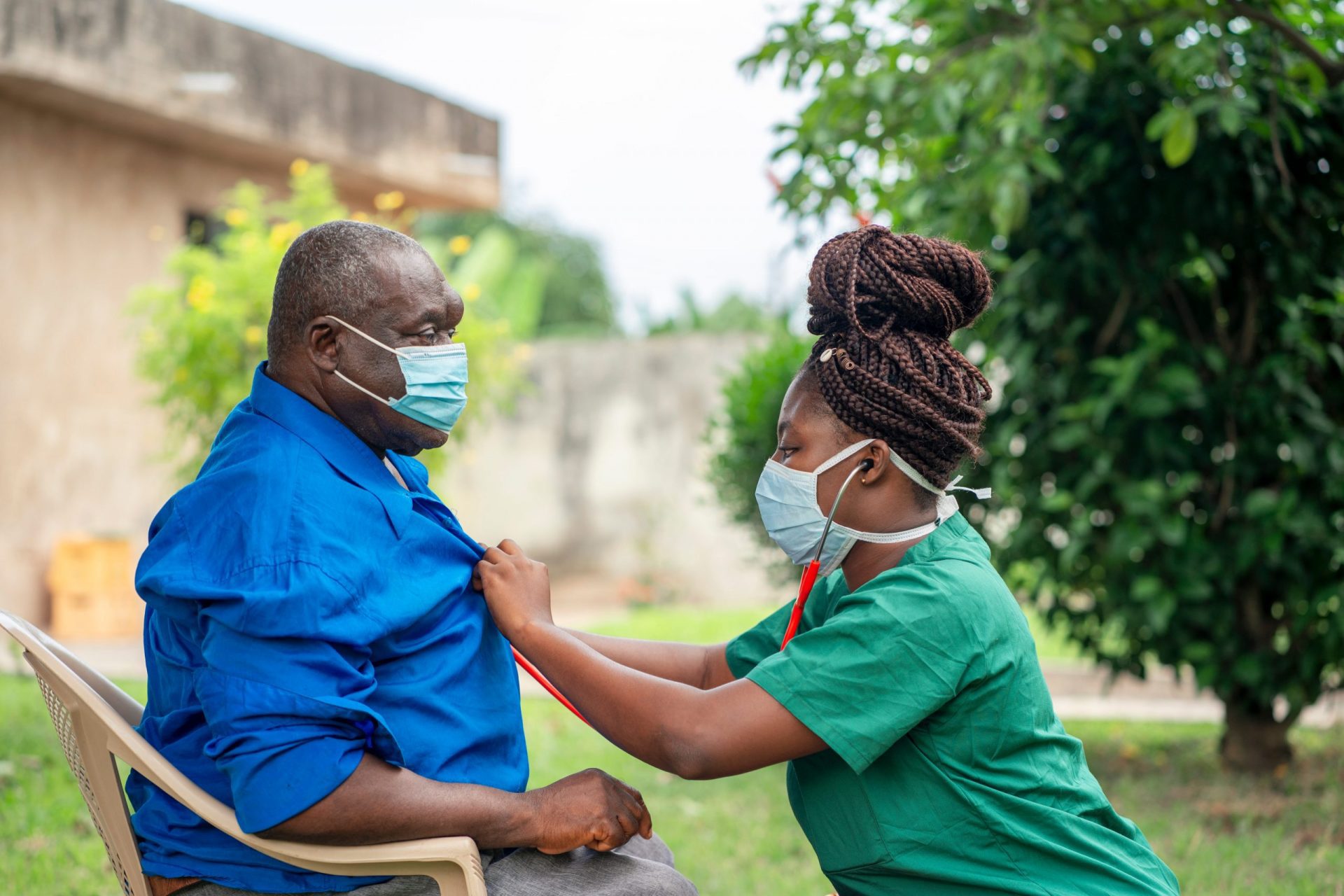Getting vaccinated against pneumonia becomes increasingly important as we age, and Medicare has made it easier than ever to access these vital shots. Understanding your coverage options can help you protect your health without worrying about costs. Recent changes in Medicare coverage have made these vaccines more accessible than ever before, with expanded provider networks and simplified billing processes ensuring seniors can receive protection against this serious illness.
Understanding your Medicare coverage options
Medicare Part B covers most preventive services, including pneumonia vaccines. While Part B usually requires beneficiaries to pay 20% of costs after meeting the deductible, pneumonia vaccines are fully covered with no out-of-pocket expenses. This means you won’t pay anything for your shots when visiting a Medicare-approved provider. The projected monthly premium for 2025 stands at approximately $185.00, though this may vary based on your income level. Recent policy updates have also streamlined the reimbursement process for healthcare providers, making it easier for them to offer these vaccines to Medicare beneficiaries.
Medicare Advantage plans, also known as Part C, must provide the same coverage as Original Medicare, including free pneumonia vaccines. These plans often include additional benefits beyond standard Medicare coverage, such as wellness programs and enhanced preventive services. However, it’s crucial to understand that staying within your plan’s network of healthcare providers ensures you receive the vaccine at no cost beyond your monthly premium. Many Medicare Advantage plans have expanded their provider networks in recent years, making it more convenient to access covered services like pneumonia vaccines.
The different types of pneumonia vaccines Medicare covers
Modern medicine offers two primary types of pneumonia vaccines, and Medicare covers both. The PCV15 vaccine protects against 15 different strains of pneumonia-causing bacteria, while the PPSV23 vaccine guards against 23 strains. Medical experts recommend getting both vaccines for comprehensive protection, and Medicare covers this complete vaccination schedule without any additional costs to you. The timing between vaccines matters, with healthcare providers typically recommending a waiting period between shots to ensure optimal effectiveness.
To ensure you receive your pneumonia vaccines without any charges, you must visit a healthcare provider who accepts Medicare assignment. These providers have agreed to accept Medicare-approved payment rates and cannot charge you additional fees for covered services. The Medicare Care Compare tool helps you locate approved providers in your area, making it simple to find convenient vaccination locations. Many pharmacies and retail clinics now offer these vaccines, expanding access beyond traditional medical offices.
Important updates for 2025 and beyond
Medicare coverage for pneumonia vaccines continues to evolve with medical advancements. Recent updates have expanded access and simplified the process of getting vaccinated. The coverage includes both initial vaccines and any recommended boosters, ensuring continued protection against pneumonia. Healthcare providers now have more flexibility in determining the most appropriate vaccination schedule based on individual patient needs and risk factors.
Research shows that proper timing of pneumonia vaccines maximizes their effectiveness. For most adults over 65, the recommended schedule starts with the PCV15 vaccine, followed by the PPSV23 at least one year later. Some individuals with certain health conditions may need a different schedule, which their healthcare provider can determine. Medicare covers these varying schedules without additional cost, ensuring that beneficiaries receive appropriate protection regardless of their specific needs.
Common concerns and side effects
While pneumonia vaccines are generally safe, some people experience mild side effects such as soreness at the injection site, fatigue, or low-grade fever. These typically resolve within a few days and are signs that your body is building protection against the disease. Medicare coverage includes any necessary follow-up care related to vaccine side effects, though serious reactions are extremely rare.
Certain Medicare beneficiaries may need additional pneumonia protection due to underlying health conditions. This includes people with chronic heart or lung disease, diabetes, or compromised immune systems. Medicare coverage accounts for these special circumstances, allowing healthcare providers to administer vaccines according to modified schedules when medically necessary.
Maximizing your Medicare benefits
While Part D provides prescription drug coverage, it’s important to note that pneumonia vaccines fall under Part B benefits. This arrangement actually works in your favor, as Part B typically provides more comprehensive coverage for preventive services. Understanding this distinction helps you navigate your Medicare benefits more effectively and ensures you receive appropriate coverage for all your vaccination needs.
Many Medicare beneficiaries receive their pneumonia vaccines during the same season as other immunizations, such as the flu shot. Medicare covers the administration of multiple vaccines during the same visit, making it convenient to stay up to date with all recommended immunizations. Healthcare providers can help coordinate these vaccines to ensure optimal timing and effectiveness.
The role of preventive care
Pneumonia vaccination represents just one aspect of Medicare’s comprehensive preventive care coverage. Regular vaccinations, combined with other preventive services, help reduce the risk of serious illness and hospitalization among older adults. Medicare’s commitment to covering these services without cost-sharing reflects the importance of prevention in maintaining senior health.
When scheduling your pneumonia vaccines, remember to bring your Medicare card and confirm that your healthcare provider accepts Medicare assignment. This simple step prevents any unexpected costs and ensures you receive the full benefit of your Medicare coverage. Regular communication with your healthcare provider about your vaccination schedule helps maintain optimal protection against pneumonia and other preventable diseases. Stay informed about any updates to Medicare coverage and vaccination recommendations to make the most of your healthcare benefits.












